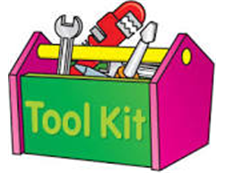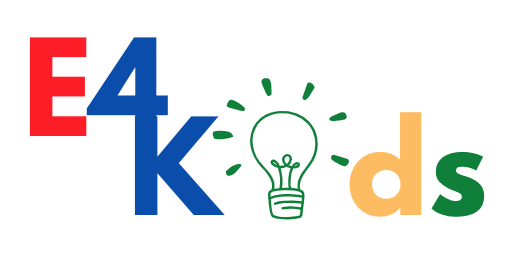The partners decided to move to action to define, settle and implement contents, tools and strategies to promote in entry-level secondary school students (in the age span between 11 and 13) an entrepreneurial mindset and behaviour and a proactive and non-conformist spirit promoting actions for their pursuit in the first person, with a particular focus on the school, but adopting a proactive approach that leads students to take action personally in the pre-adolescents’ daily life.
RESULT 1 – ENPOW4Kids Toolkit for teachers and pupils
It provides both teachers and students with tools and contents to promote the entrepreneurial mindset and in particular consists of:

- a simplified business model canvas to be used by the kids to work out their idea. The canvas originates from the BMC worldwide known grouping the 9 boxes into 4 one to be better used by the pupils (What, Who, How and How much);
- a guidebook for teachers to explain the basic contents of the canvas and providing practical guidance (with extra contents and examples) on how to implement the activities in class and guide the pupils on the use of the project web platform;
- a booklet for students to guide them on the use of the project tools (starting from the simplified canvas) and to provide simple and clear inputs on the business definition and planning;
- a dedicated library for specific insights, quizzes and feedbacks forms for the participants to monitor the grade of participation and the level of understanding;
- the project web-platform embedding all the contents and tools which have been structure as an interactive place where participants will socialize their idea and interact with other participants = peer review and learning. A specific section of the platform is dedicated to the ideas / business projects presentations where, following a common template, all the participating students will have the possibility to share the result of their work.
RESULT 2 – ENPOW4Kids Guidelines
In order to make the Toolkit approach and contents adaptive and replicable to other schools, it is necessary to structure the project results and outcomes – coming from the different partners’ settings and pilot phase – into a common narrative description that takes into account the differences and at the same time is capable of identifying a shared path of practical replication

In details the Guidelines start from evaluating the efficacy and efficiency of the pilot action displayed in the target schools measuring the level of achievement of the different set of qualy- and quanti-tative target indicators. The analysis has to validate the Toolkit and all its component to bring then all the relevant stakeholders keen to implement and strengthen the same results. The core part of the Guidelines will be then represented by the set of findings and indications on how to proceed and thus replicate (i.e. ‘institutionalise’) the contents and methodology empowering both teachers and pupils: this will result in the release of policy recommendations addressed to local / regional public authorities dealing with education to support the dissemination of the project results and thus allowing the acquisition by other schools of the ENPOW4Kids Toolkit and all its contents and tools
